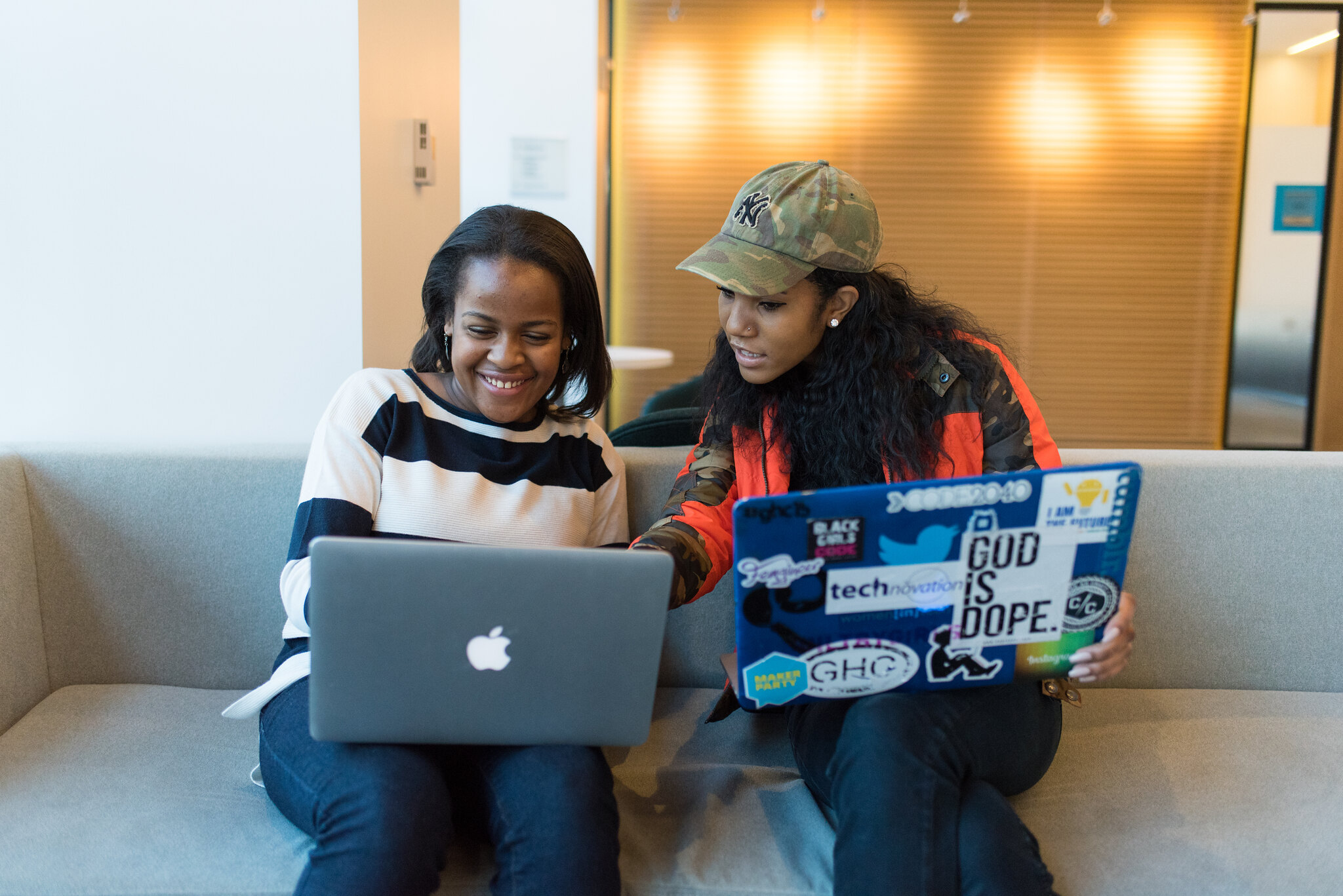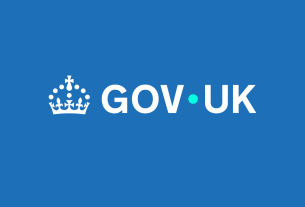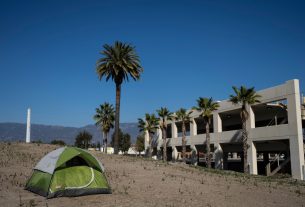[KAMPALA] More than one billion people in the global South still lack affordable internet despite improvements in broadband policies at a time when connectivity is “critical” to family and business life, a report warns.
Africa, Latin America and the Caribbean, and Asia Pacific regions have made advances in reducing internet prices through national broadband strategies, but progress is too slow and “serious challenges” remain in the quest for universal access, according to the Alliance for Affordable Internet (A4AI), which published the 2020 Affordability Report last week (2 December).
Internet not a luxury
The COVID-19 pandemic, which has forced people across the globe to work and learn remotely, has shown the internet is “not a luxury but a lifeline”, and underscores as never before that affordable access must be a basic human right, says the report.
“Access to the internet is no longer a luxury that only a few can afford. It has gotten to a point where it is just as important as food, water and electricity.”
Mark Tinka, SEACOM
“If you look at the need to increase productivity, improve educational outcomes, create jobs, and drive the economy, access to technology is critical to that, and access to technology in the world today is broadband,” Funke Opeke, chief executive officer of West Africa-based MainOne Cable Company, tells SciDev.Net.
The report ranks 57 low- and middle-income countries in its Affordability Drivers Index (ADI), which assessed countries on their policies for internet infrastructure and equitable access.
“This year’s report is informed by expert policy surveys conducted … across the regions of Africa, Asia, and Latin America and the Caribbean,” says Sonia Jorge, executive director of the A4IA, in the report.
“Given the COVID-19 pandemic, which has exposed the shocking inequalities in internet access and affordability across the globe, the need to bridge the global digital divide has never been more important”.
Asia-Pacific is the leading region for broadband strategy, with the highest average ADI scores while it also has the lowest internet prices, at less than 1.5 per cent of the average monthly income for one gigabyte of mobile broadband, the report says.
“All sectors need to embrace the shift to digital, and along with it a paradigm shift in how we look at the productivity and progress of each sector,” the report cites Rajnesh Singh, regional vice-president for Asia-Pacific, Internet Society.
Africa advances but not enough
According to the report, Africa had made the biggest policy advances, with country-level improvements in planning, spectrum management, and programmes to narrow the digital gender gap. It improved by 6.7 per cent since 2019, although it remains the region with the lowest average ADI score.
The cost of a gigabyte of mobile data in Africa is four per cent of the average monthly income — double the affordability threshold of two per cent of monthly income, according to the report. It finds that more than one billion people across the 57 countries it surveyed still do not meet the UN’s ‘1 for 2’ affordability threshold for mobile data — one gigabyte for less than two per cent of average monthly income.
Overall, mobile broadband prices have fallen consistently in countries tracked by the A4AI, with the average cost of one gigabyte data declining by more than half since 2015, from 7.0 per cent to 3.1 per cent of average monthly income.
While these reductions can be explained in part by improvements in technology and other efficiencies, strong government policy is key to driving affordable access, the report says. The average ADI score across the countries studied rose by 13.6 points, from 42 to 55.6 since 2014, with improvements most notable in low-income countries, it adds.
Rwanda, now a leader in the East African digital economy, has brought down the cost of one gigabyte of data to a fifth of its 2015 price, from 20 per cent to 3.3 per cent of average monthly income. It outpaced its East African neighbours to become the top-performing low-income country thanks to effective national broadband planning, the report adds.
COVID-19 and need for data
The report says that an additional US$ 428 billion investment is needed from governments, development agencies and the private sector over the next ten years to achieve universal access to affordable, quality broadband connections.
Mark Tinka, head of the engineering department at African telecom infrastructure company SEACOM, tells SciDev.Net.
“The only way people will afford data and have universal access to the internet is to make it free. There is no other model, despite how innovative, where data becomes affordable while at the same time delivering universal access.
“The more access people have to the internet, the more expensive it will be for them to get it, especially if they are poor. Access to the internet is no longer a luxury that only a few can afford. It has gotten to a point where it is just as important as food, water and electricity.”
During the COVID-19 pandemic, the world has turned to the internet to work from home, keep businesses going, access education, and stay connected with loved ones. Yet around 3.5 billion people — almost half the world — remain without internet and many others are blighted by slow, unreliable connections.
“The COVID-19 pandemic has transformed the ways we live,” the report states. “The internet has become critical for family life, business, education, health and more.”
Boutheina Guermazi, director of digital development at the World Bank, who also contributed to the report, says: “COVID-19 highlighted how broadband and the digital applications it empowered can support national resilience, from the dissemination of public health information and telemedicine to remote work or school solutions and digital cash transfers to the most in need.”
She adds, “COVID-19 exposed the digital divide between and within countries and, for nations lagging behind, now is — really — time to prioritise broadband deployment and connect the unconnected”.



